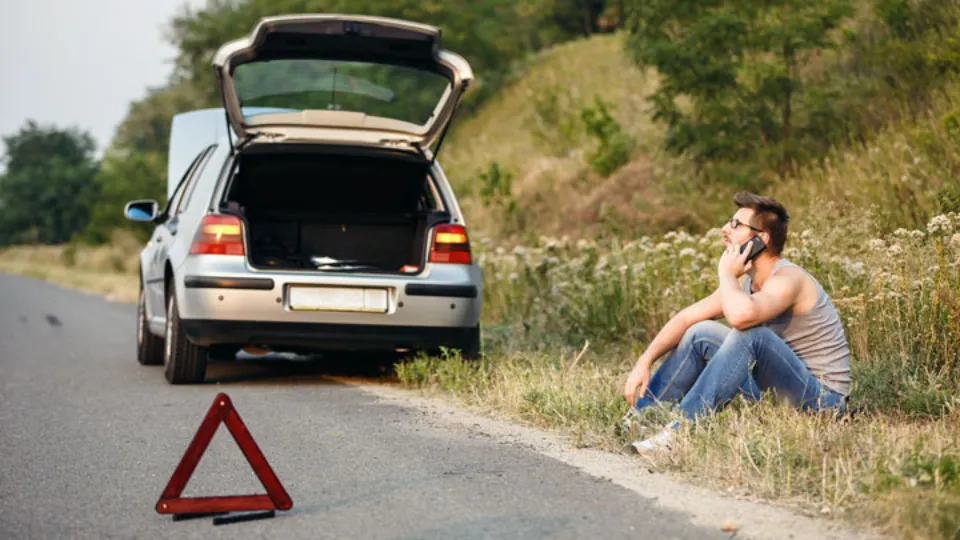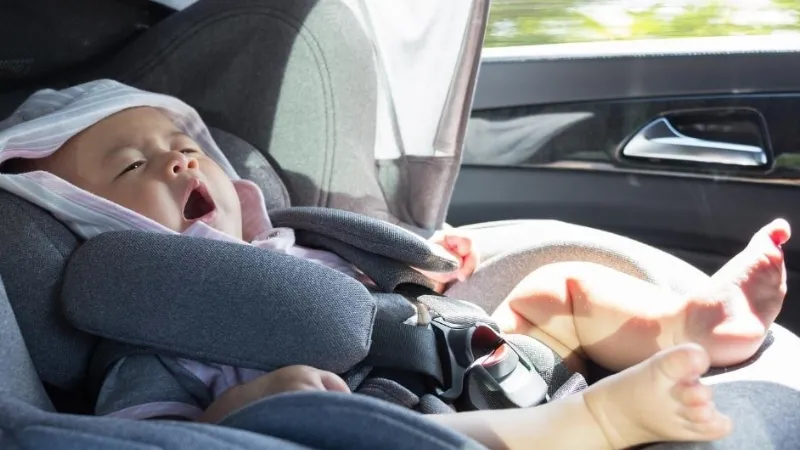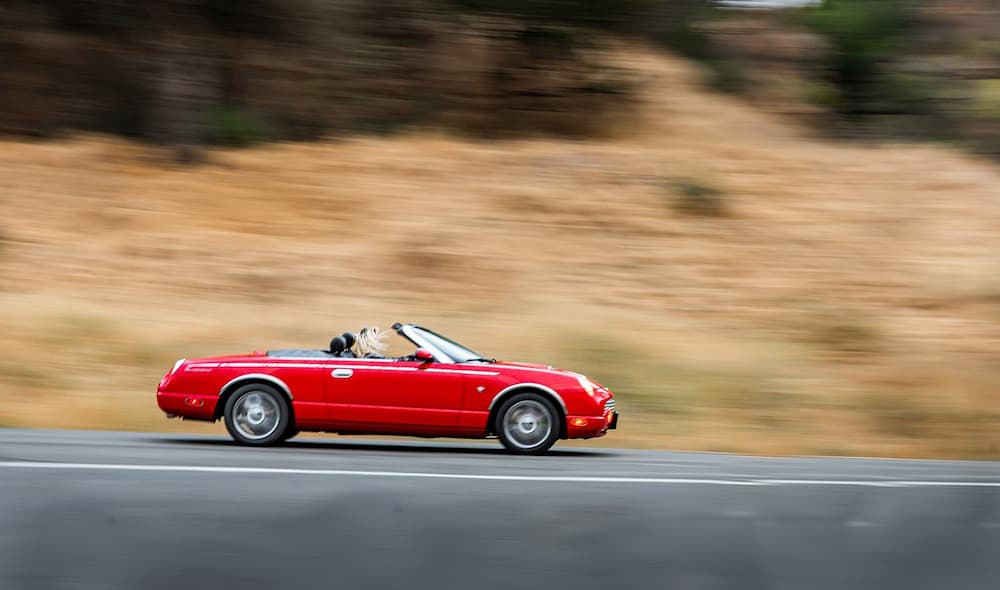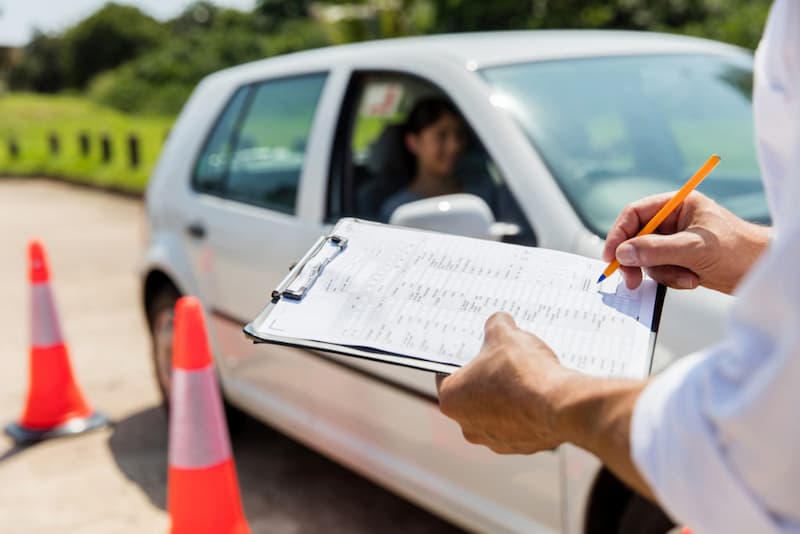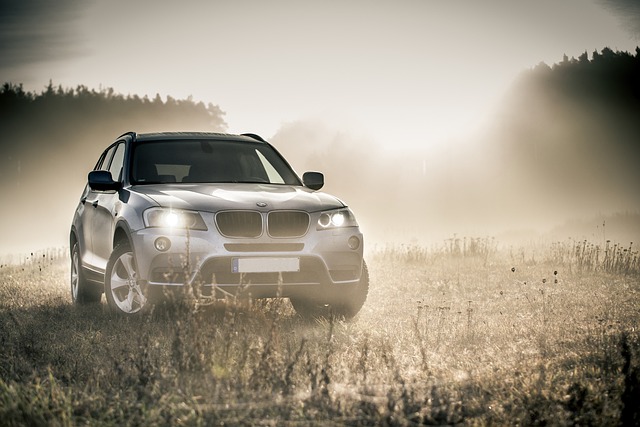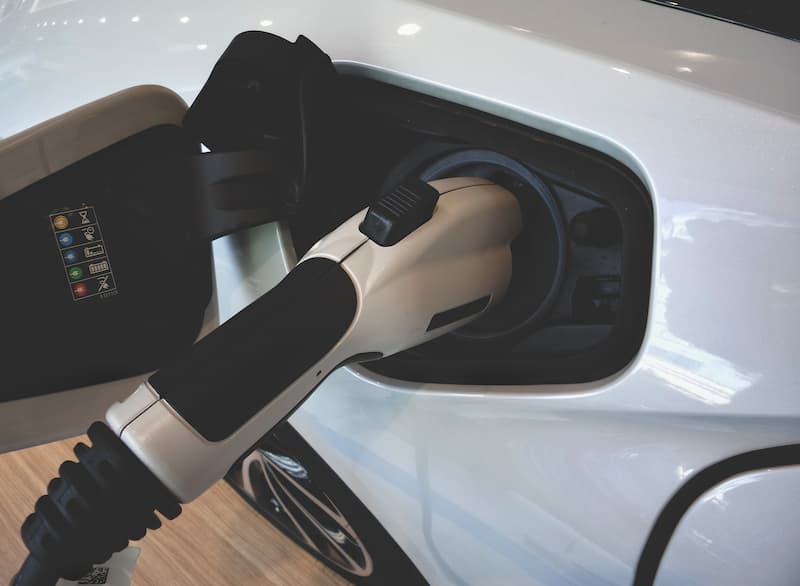To say the least, traveling with a newborn can be stressful. If you’re a new parent who enjoys traveling, you might be wondering when can you travel with a newborn.
While the exact situation depends on whether you’re traveling by car, plane, or train, doctors generally agree that it’s best to wait until your baby is at least 2 to 3 months old before taking them on a trip.
During this time, their immune systems become stronger. However, depending on the distance and your baby’s general health, exceptions may arise if you must travel with your baby before this time. Always consult a doctor before traveling with an infant.
In this article, we’ll talk about when it’s safe to travel with a newborn. This will cover things like whether a child needs a passport and when you can drive or fly with a baby. Moreover, a list of the Baby Travel Essentials you need when taking a baby on vacation.
Table of Contents
Safety First
Safety of the person using the seat must come first when designing a car seat.
The forces involved are great whether the impact is from the front, the side, or the back. The best protection from these impacts is provided by car seats, which are also designed to do so.
Traveling with small children has another consideration, though.
Babies are too small to have strong enough neck muscles to hold their heads up against gravity.
Just observe how cautiously each of us supports the baby’s neck when holding a newborn.
They must be lying flat.
Smaller than a straw in size, the airway is very easily compressed, limiting the amount of air that can enter the lungs and the amount of oxygen that can reach the brain.
A baby is often in a more sitting position in car seats, with little to stop the head from drooping forward.
Baby passengers in car seats have had their blood oxygen levels measured in a few research projects. This also dropped to some concerningly low levels in some instances.
It’s unclear to what extent we should be concerned. There is probably little impact from a brief period of low oxygen blood. We are aware that newborns who are oxygen starved can suffer from severe disabilities. We believe there is a connection between low oxygen levels in the uterus prior to delivery and disorders like ADHD and low IQ.
The impact of episodes of low blood oxygen on newborns, however, is not well understood.
Therefore, it’s crucial that the child is not left in a car seat for any longer than is necessary, especially when they are young. A baby should spend less time in a car seat because they are more vulnerable as they get smaller.
At What Age Can You Travel With a Newborn?
While the specifics differ depending on whether you’re traveling by car, plane, or train, doctors generally concur that it is best to hold off until your baby is at least 2 to 3 months old before taking them on a trip. Their immune system can grow stronger during this time. However, depending on the distance and your baby’s general health, exceptions might be made if you absolutely must travel with your infant before that. Before taking a trip with your infant, always consult your doctor.

When Can You Travel With a Newborn by Car?
When driving instead of flying, it is safe to take your newborn baby on short trips of up to two hours. However, waiting until your baby is about 2-3 months old is advised for lengthy car trips of over 3 hours. Take at least a 15-minute break every two hours while driving with a child so they can get out of their car seat and stretch. You should feed your baby and change their diaper at this time.
Flying might be an option for you and your infant if you’re traveling a long way. Since you both have the freedom to move around and your child is not restrained in a car seat for long periods of time, flying with a baby is frequently more comfortable than driving. You don’t have to stop flying in order to take a break because you can feed and change your baby during the flight. When determining how to travel with a newborn baby, keep this in mind.
Can You Take a Newborn on a Plane?
The first question to ask is can you take a newborn on a plane? It is crucial to review your airline’s newborn travel regulations. A minimum age requirement ranging from two days to two weeks is set by some airlines. Medical professionals advise against letting infants fly until their immune systems have matured. This would be at least 4-6 weeks for a healthy full-term infant. Before traveling with a baby, it is crucial to confirm with your child’s pediatrician.
A breeding ground for bacteria and viruses can be found in planes and other places with large crowds nearby. Due to their weak immune systems, even a common cold can endanger a baby’s health. While traveling, parents must exercise caution and take precautions to keep their infant safe from anyone who has any kind of contagious illness, no matter how minor. Flying can be an option if you need to get somewhere quickly and your baby is healthy and under a month old, but you should still use caution.
Air pressure on airplanes is a significant issue for infants and even toddlers. Low air pressure in airplanes contributes to two major annoyances: ear pain and breathing difficulties. Making the baby suck or drink something while the air pressure changes can relieve ear pain. This may be more of an issue if your baby is premature and has lung or respiratory conditions. It should be manageable, though, if your infant is entirely healthy. In either case, it’s crucial to discuss your travel plans with your child’s doctor and get their approval before taking a newborn along.
Read about
Does My Baby Need a Passport?
People often ponder whether infants require passports when it comes to documentation. Any living thing needs the proper documentation, so the answer to this question is also very straightforward. It’s possible that newborns are completely defenseless and reliant on their parents. However, that does not negate the fact that they are people who need documentation. No one (regardless of age) is permitted to travel abroad without the required documentation.
Many American airlines have different policies regarding newborns. Your baby must be older than one week to fly with Delta. Similar rules apply to United Airlines as well. Airlines may demand proof of age before allowing your baby to fly, even on domestic flights. Use hospital records or vaccination records as proof of age if your official government documents have not yet arrived. Consult your airline to find out what they will accept.
Should My Baby Travel?
It is usually recommended that you shouldn’t travel with a baby in a car seat for at least the first two weeks or so after birth, longer if the baby was premature.
Don’t travel far to visit your grandparents right now, as difficult as that may be. Convince them to come see you.
We still need to think about the baby’s welfare even two weeks later. In addition to avoiding lengthy trips, this calls for taking frequent breaks and removing the child from the car seat.
How long is too long?
Much will depend on your baby’s development (err on the side of caution) and the car seat. Some people place babies flatter than others. Some carrycots and lie-flat car seats can be secured in the vehicle, but they can take up a lot of space on the back seat, which may be challenging if you also have other children, and they don’t fit all vehicles.
If you absolutely must make that lengthy trip, make sure the seat is as flat as it can be. Make frequent stops (every one to two hours) and remove the child from the car seat for a while. Make sure they can breathe easily and pay attention to where their head is positioned.
Finally, even though they can be very useful, avoid spending the entire day window-shopping while using a travel system. Put the infant in a pushchair that can lie flat, at least for the first few months. Whether a baby is in a car or at a mall has no bearing on their wellbeing.



